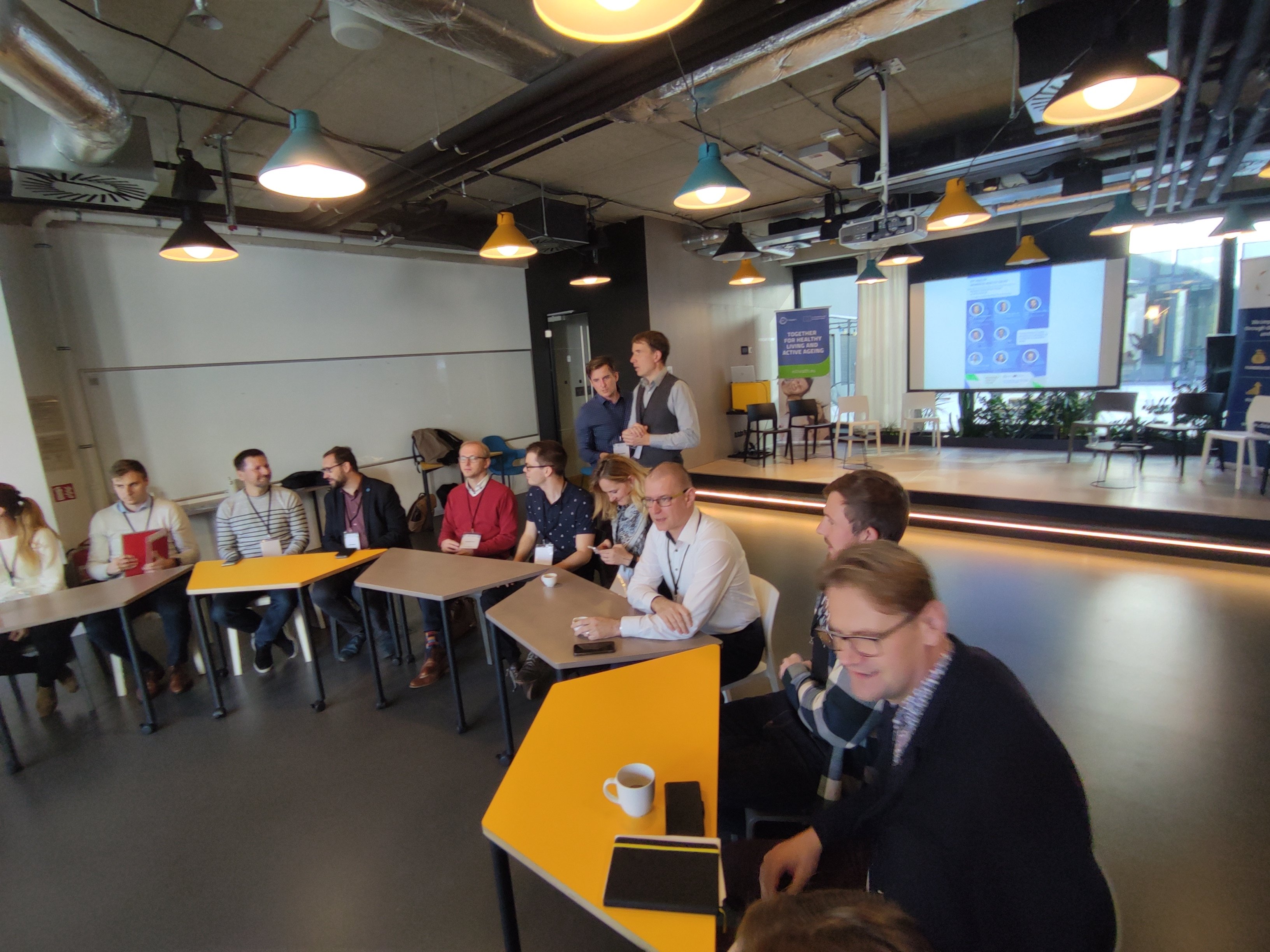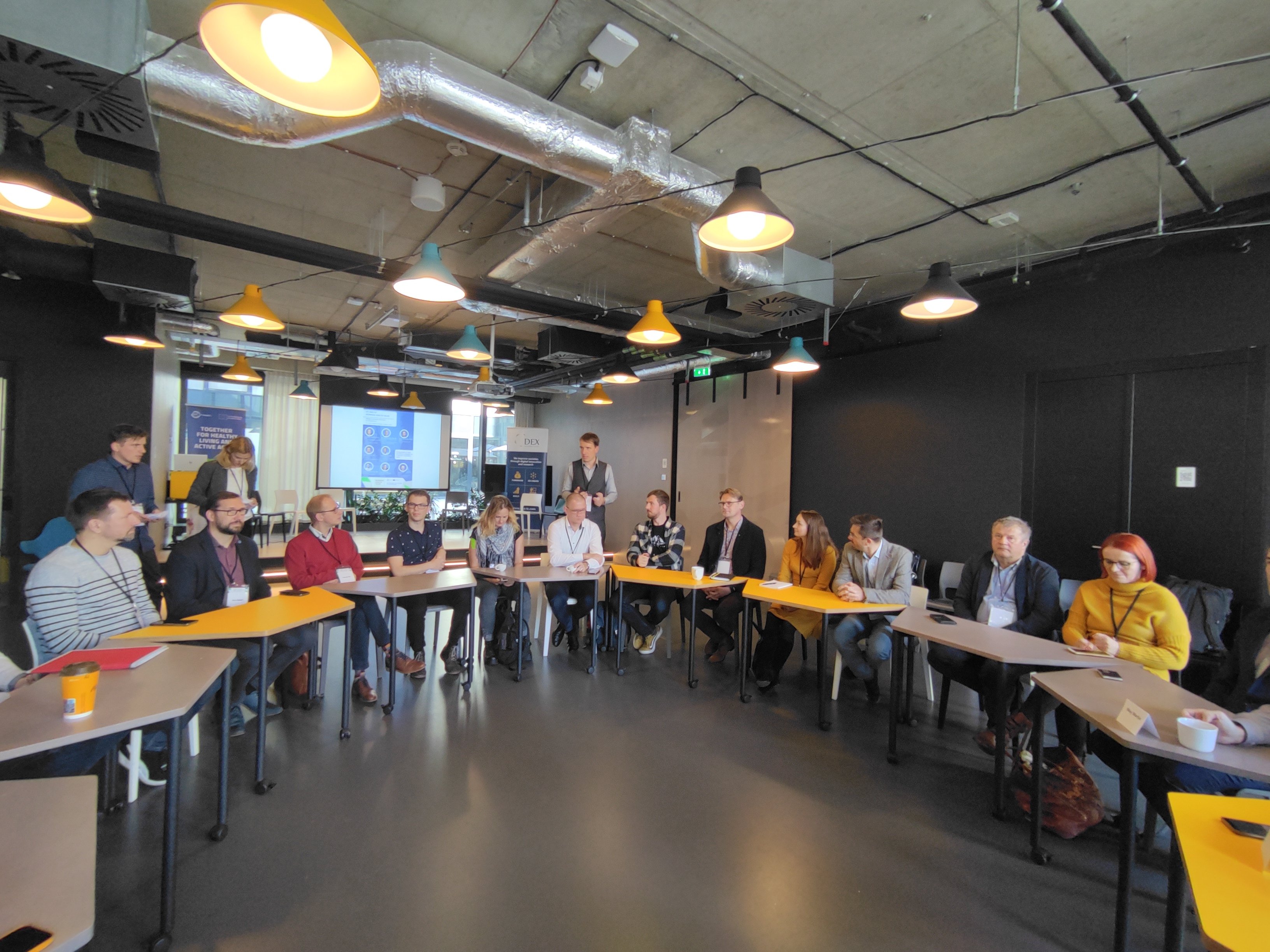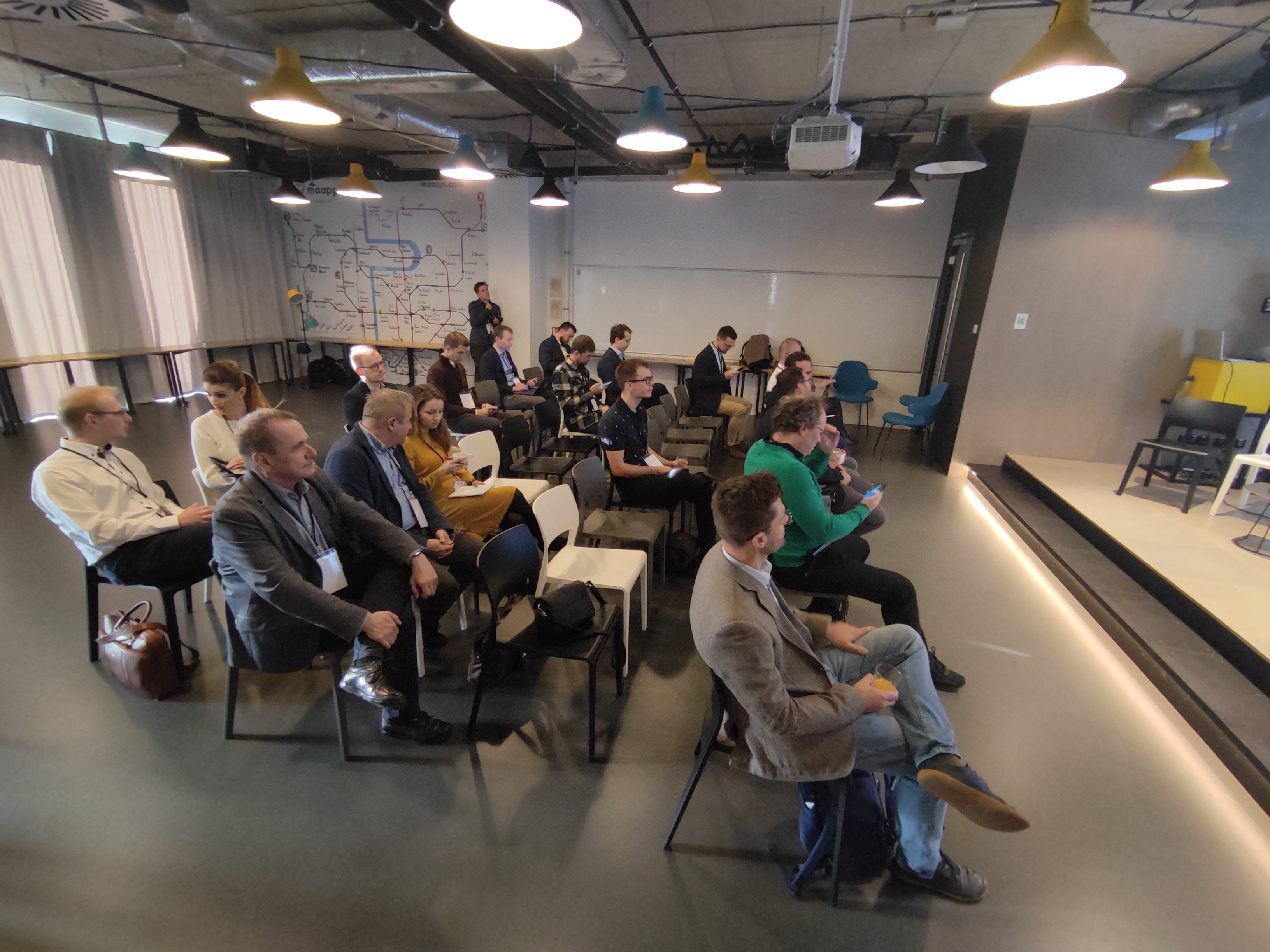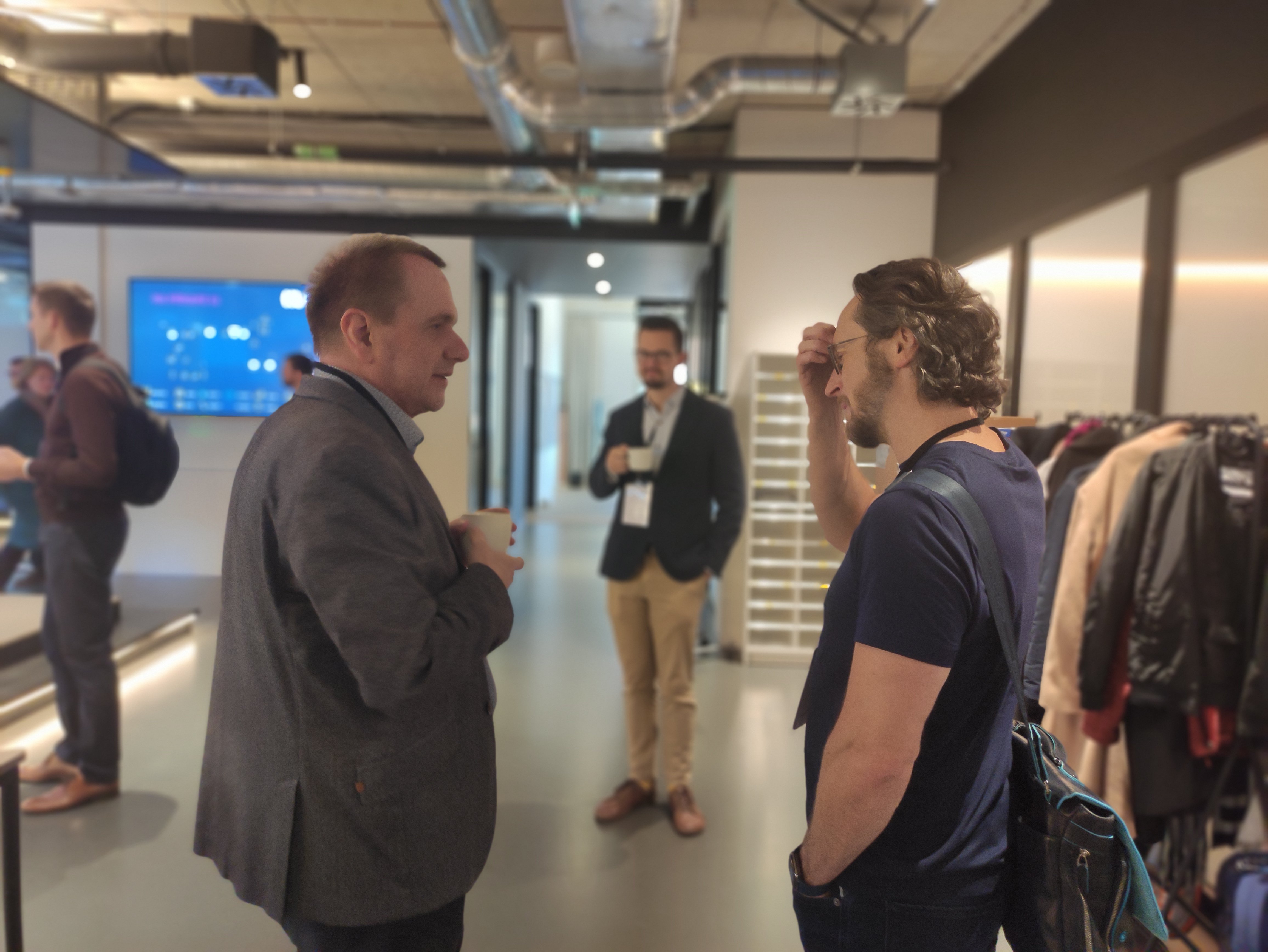
- Search term must have more than 2 characters.

Morning Health Talk regularly opens a public debate with representatives of the Czech healthcare sector. At the meeting on 8 November at the Prague Hub, over 40 professionals from various healthcare organisations met to discuss the topic "Engaging hospitals in healthcare innovation". Morning Health Talk event was traditionally organised by DEX Innovation Centre, the Czech EIT Health Hub. Morning Health Talk regularly opens a public debate with representatives of the Czech healthcare sector.
Czech hospitals are significantly involved in the journey towards better and higher quality. They play an important role in the adaptation of innovation and the transformation of Czech healthcare to digitalisation. Hospitals know the clinical needs and own the necessary data. In terms of real practice, they have limited financial resources, as well as medical and other staff capacities.


"Motivation for innovation in hospitals is currently improving, but it can still be said to be insufficient," the panelists said in unison. What is missing, they say, is sufficient support for innovation, which is the key to success. If key managers grasp this as an opportunity, the community of innovators in Czech hospitals will grow.
The organizers of the event from DEX Innovation Centre presented successful case studies from abroad: Israel and Finland, who are among the drivers of successful implementation of healthcare innovation and positive impact on the entire ecosystem in their countries.
Israel, and later Finland and other Nordic countries, started by setting up dedicated innovation units and developing collaborations with other actors. Thus, private-public partnerships started to emerge. The Israeli hospital Sheba Medical Center started commercializing and creating spin-off companies with the aim of influencing not only their institution but the whole ecosystem globally.
Finland has introduced a model where university hospitals act as innovation platforms based on the needs of individual hospitals (including the organization of innovation competitions, evaluation of ideas, processes for idea development and co-creation). The co-creation model has been put into practice with economic support from public regional funds, including validation of proposed solutions.


A vision for the EU health sector towards 2030
In the morning panel discussion, participants talked about the real operational challenges in implementing innovation as well as the future vision of the European healthcare system. They discussed what the biggest problems hospitals are facing and whether an internal or external innovation procedure is better and why.
"I think the EU healthcare system is going to be after the big bang. There is going to be a NIS system to link all European health systems together. This will be a tough test from which the European and Czech healthcare will recover," says Ing. Peter Mešt'aník, Deputy for Informatics at the University Hospital Brno.
Despite the lack of capacity and funding, the adoption of innovation as well as the transformation to digitalisation is being applied to varying degrees in all the hospitals represented at today's event: Regional Hospital Mladá Boleslav, Rehabilitation Institute Kladruby, IKEM, University Hospital Brno and University Hospital Hradec Králové. In the healthcare sector, there is space for self-initiative of doctors, IT system operators and software and application developers. It is clearly beneficial when medical professionals are involved in the creation of projects, and especially when they actively use the systems - this was the message that came out of the round table in the second part of the Morning Health Talk event dedicated to the involvement of Czech hospitals in innovation.